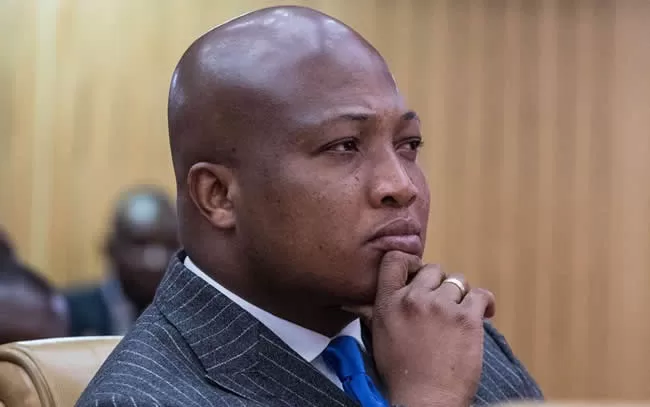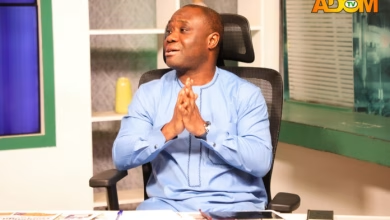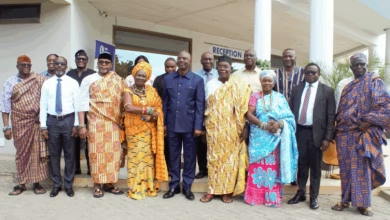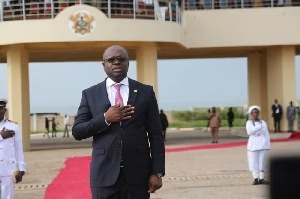Ablakwa vows to continue exposing illegal acquisition of state property.

- Ablakwa opposes state asset acquisition, even by NDC members.
- He has fought state capture for 16 years.
- Ablakwa alleges conflict of interest in SSNIT hotel sale to Acheampong.
- NPP's Ahiagbah disagrees, says no conflict of interest.
Samuel Okudzeto Ablakwa, the Member of Parliament for North Tongu, has vowed to oppose any government official who attempts to acquire state assets, even if they are from his own party, the National Democratic Congress (NDC).
Ablakwa has a history of fighting against state capture, dating back 16 years when he took the former National Chairman of the New Patriotic Party (NPP), Jake Obetsebi Lamptey, to court for acquiring state properties.
Although he lost that case, Ablakwa remains resolute in his stance against state asset acquisition. He recently petitioned the Commission on Human Rights and Administrative Justice (CHRAJ) to investigate the sale of hotels belonging to the Social Security and National Insurance Trust (SSNIT) to Bryan Acheampong, the Minister of Food and Agriculture.
Ablakwa alleges that Acheampong is in a conflict of interest situation, as he was a Minister of State when the processes to acquire the hotels started in 2018. He claims that Articles 284 and 78 of the Constitution have been breached.
However, Richard Ahiagbah, the Director of Communications of the NPP, disagrees, stating that conflict of interest does not arise in this case. According to Ahiagbah, the process to offload SSNIT’s interests in the hotels started in 2018, five years before Acheampong became the Minister for Food and Agriculture.
Ablakwa remains unconvinced and has organized a demonstration against the move. He claims that intercepted documents reveal that SSNIT is proceeding with the transaction despite his CHRAJ complaint and public outrage.
Ahiagbah responded to the demonstration, stating that the ability of SSNIT or any state institution to fulfill its mandate independently is at stake. He questions whether Ablakwa would have accepted the outcome if another company had won the bid.
Ablakwa maintains that his stance is not about party affiliation but about principle. He will continue to fight against state capture and illegal acquisition of state assets, even if it means going against his own party members.
The issue has sparked a heated debate about conflict of interest, state capture, and the role of independent institutions in Ghana. Ablakwa’s determination to fight against state asset acquisition has earned him praise from some quarters, while others see him as a troublemaker.
As the saga unfolds, Ghanaians are watching with keen interest to see how it will play out and what implications it will have for the country’s political landscape.






